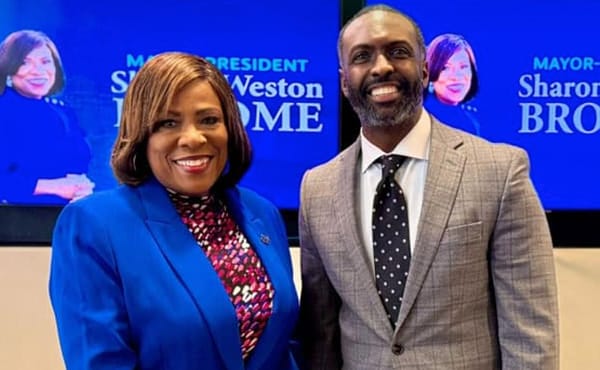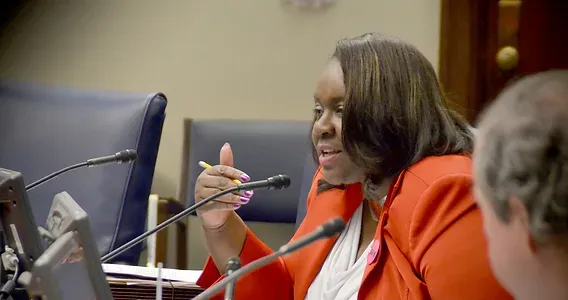Supreme Court Grants Partial Immunity to Trump
Justice Sonia Sotomayor, in a passionate dissent, warned that the decision grants excessive power to presidents, potentially insulating even corrupt acts from prosecution. Justice Amy Coney Barrett broke from her conservative colleagues on this point, agreeing with the dissenters.

The U.S. Supreme Court ruled on Monday that former President Donald Trump has partial immunity from prosecution, significantly impacting the legal landscape for future and past presidents. In a 6-3 decision, the court's Republican appointees formed the majority, while the Democratic appointees dissented.
Chief Justice John Roberts, writing for the majority, stated that presidents cannot be prosecuted for exercising their core constitutional powers. This ruling provides presumptive immunity for official actions taken during a president's tenure, although private actions remain prosecutable.
The decision, which likely delays Trump's trial on election subversion charges until after the November election, has sparked significant controversy. President Joe Biden criticized the ruling, stating it undermines the rule of law and sets a dangerous precedent.
Justice Sonia Sotomayor, in a passionate dissent, warned that the decision grants excessive power to presidents, potentially insulating even corrupt acts from prosecution. Justice Amy Coney Barrett broke from her conservative colleagues on this point, agreeing with the dissenters.
The ruling sends the case back to the trial court to determine if any charges against Trump fall outside his official duties. Legal experts anticipate that this decision will complicate future prosecutions of former presidents, expanding the executive power.
This landmark ruling highlights the court's pivotal role in shaping presidential accountability, with significant implications for the current and future political landscape.





